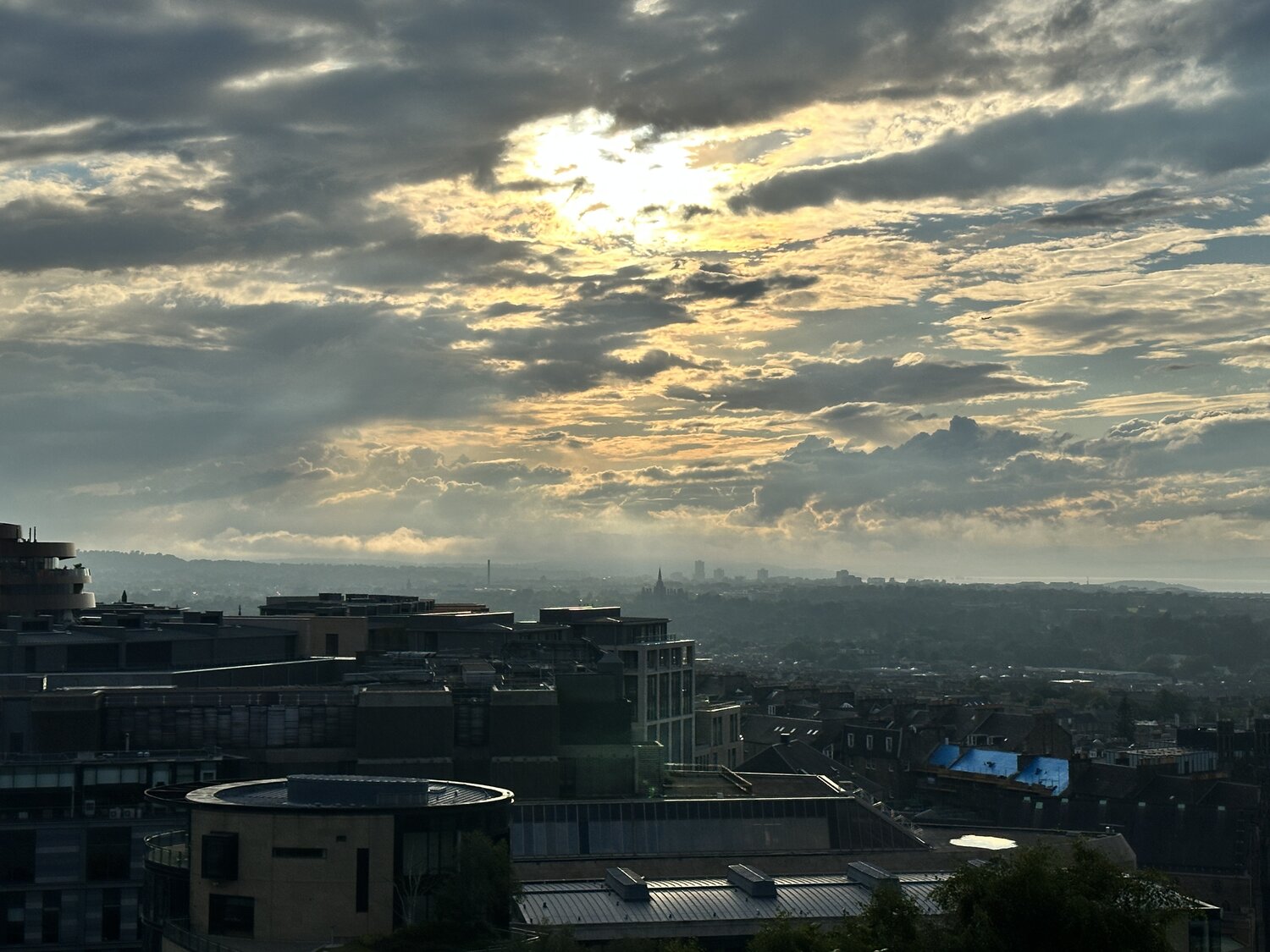Conflict and Peace: Four Interviews
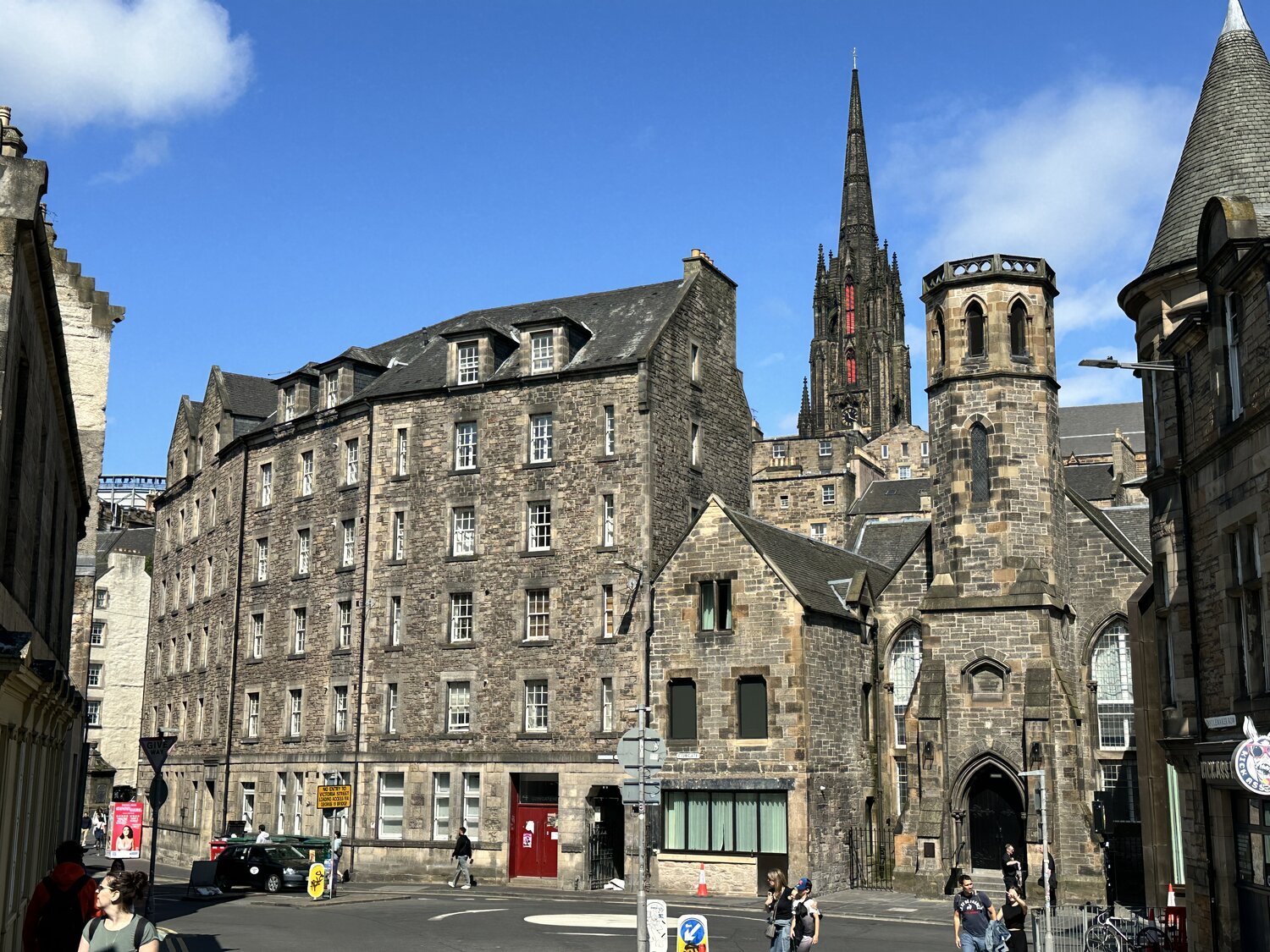
Edinburgh
Time to talk about what I am learning about Conflict and Peace. I report here on four interviews I conducted with experts from centers across northern Europe. Their insights are important, and I think will reward anyone with even a passing interest in the field.
And BTW, I just received a generous grant from Raymond Schinazi to include medically-oriented conflict resolution in th work of PACT. So I started asking some people about medical conflict resolution as well. Here are the interviews:
#1. Amsterdam - David Laws, Director of the Center for Conflict Studies University of Amsterdam
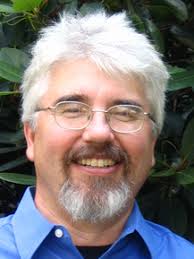 David is in the Department of Political Science at the University of Amsterdam, and also directs the Masters
Program in Conflict Resolution and Governance.
David is in the Department of Political Science at the University of Amsterdam, and also directs the Masters
Program in Conflict Resolution and Governance.
I met David at a nice café in Amsterdam. He pointed out the tensions, at times, between those who do human rights and justice work, and those in conflict resolution and peacebuilding. If you want to stop a civil war or domestic terror, for example, you may need to negotiate with a warlord, no matter how despicable, in order to stop the killing. You may even need to give him concessions. The same warlord that the human rights/justice people are trying to arrest for H.R. violations, or trying to get into an international court of criminal justice. How do you reconcile those two efforts? Is it temporal – stop the killing and then pursue justice? What if amnesty is a condition of stopping the terror?
He also echoed the challenge almost all of the places with an academic mission cited – how to balance the pursuit of research, knowledge, and teaching with the actual work of conflict resolution in the field. Some leaned one way, some another, but all struggle with it. Practice has to be a integral part of the program – conflict resolution and peace studies in theory is a very different animal than he messy activity of mediation and facilitation of real situations. On one hand, understanding conflict is different than encountering the messy, complex reality of any particular situation; on the other, accumulating knowledge of best practices, effective strategies, and the idiosyncratic details that differentiate one kind of situation from another is also crucially important to furthering the work, and the field.
It is also important to recognize that some situations are not yet ready for resolution. Some are very complex, still roiling in political turmoil and violence, and there may be multiple conflicts going on at once – “hot messes” in the vernacular of Conflict studies. Preliminary community organizing, political intervention, or other pre-resolution work may be needed before any real work can start to resolve or transform the conflict. Of course, those activities themselves generate conflict. But might that preliminary work be done better by professionals in fields other than conflict resolution?
So, you need a firm anchor in practice, as conflict resolution is practitioner-led and theorizing is often a half-step behind, but theory also has to be critical of practice. Studying failures is also important. That is why (as in bioethics) case study teaching is the way to go.
David, also – knowing my background – emphasized the importance of ethical reflection in confict resolution. He believes it is neglected, but permeates everything people in the field do (e.g., see “warlords,”above).
Many thanks to David for his time and wisdom!
#2. Belfast - Richard English from the Queens University Senator George J. Mitchell Institute for Global Peace, Security and Justice
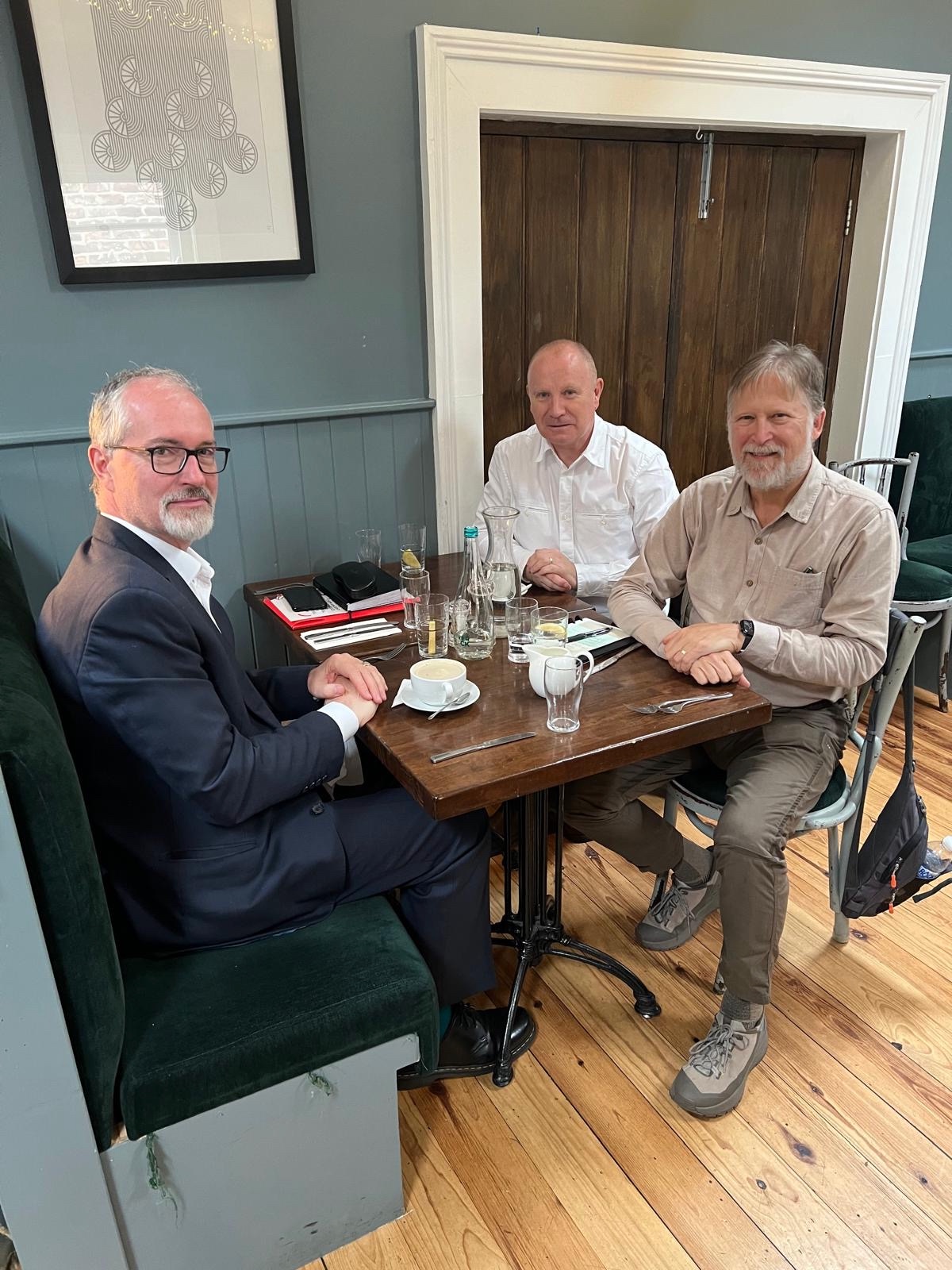 Richard English (left) is Professor of Politics at Queen’s University Belfast, where he directs The Senator George J. Mitchell Institute for Global Peace (Gary Mason in the center)
Richard English (left) is Professor of Politics at Queen’s University Belfast, where he directs The Senator George J. Mitchell Institute for Global Peace (Gary Mason in the center)
Gary Mason (see previous post on Belfast) also introduced me to Richard English, and the three of us met at a café in Belfast near Queens University (I seem to drift from café to café…).
The Mitchell Institute brings together interdisciplinary researchers, engages in partnerships, and runs educational programs around aspects of peace, security, and justice (George Mitchell, American senator and statesman, was instrumental in bringing peace to Northern Ireland and served as Chancellor of Queen’s University from 1999 to 2009). The Mitchell Institute has Ph.D. students and a Masters program in Conflict Transformation and Justice. So Richard was a good person for me to talk to!
Richard started with an important philosophical challenge: what is the work we are actually doing, what is the nature of the effort we are making, and does it ultimately make a difference? It is easy to feel self-righteous – who wouldn’t proudly announce they are into peacemaking? – but does what institutions like ours do really matter?
We discussed it as we sat in Northern Ireland, so isn’t that the answer to the question? Peace- or at least, non-violence and shared government – after decades of seemingly intractable hostility and killing. But what if N. Ireland only worked once? Is it a model, or just an exceptional case?
Richard also mused on how a program balances the academic and the applied. No one is sure they have that exactly right, but there are many models to try and emulate.
Another point we discussed – and one I have brought up in every conversation – is designing the new center at Emory in keeping with Emory’s existing strengths. As Richard put it, the new center should align with “the DNA” of the university. Create a list of questions and bring in stakeholders around the university to help answer them. (And, I would add, stakeholders from outside the university as well.)
#3. Dublin - Gillian Wylie, International Peace Studies and Course Coordinator PG Diploma in Conflict and Dispute Resolution Studies, and Head of School of Religion, Theology, and Peace Studies at Trinity College Dublin
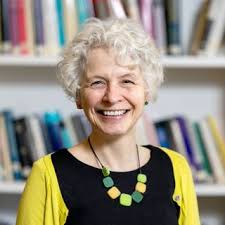 Gillian Wylie, Head of School of Religion, Theology, and Peace Studies at Trinity
Gillian Wylie, Head of School of Religion, Theology, and Peace Studies at Trinity
Have I mentioned before how lovely and generous people in this field are? I went to Trinity College and met with Gillian in her office, and she immediately brought in tea and biscuits (“cookies” to you Americans). Interesting that they combine religion and peace in one school, though it is also true that a lot of conflict resolution and peacebuilding activity at Emory is based in the Candler School of Theology. Still, I had not before seen a school that combines them so explicitly (and, Gillian admits, not always seamlessly).
Gillian herself is more on the peace side, with expertise include human trafficking, the politics of international migration, globalization, and gender-related issues. The program is separate from the theology side, and students there for theological studies have an opportunity to take courses on the peace side, but don’t have to. It depends what they are interested in. As in other places, the faculty does engage in work in the community, and forms partnerships with NGOs, etc. They have faculty working in various places in the world, including Jerusalem and, interestingly, South Korea. One visiting faculty member from South Korea returned there to build a peace center, and Gillian helpfully facilitated my getting in touch with him, as we are both trying to build something new and innovative in the field of peacebuilding.
I mentioned that I had a grant to look at medical issues – I had just received word that I got the grant from Raymond Schinazi. I have been thinking about ways to integrate the medical side into the work PACT will do, and Gillian cited work done by faculty at Trinity on abortion in Northern Ireland, international issues in medicine (telemedicine is internationalizing a lot of medicine that used to be done locally, like reading scans).
She also pointed out that the work in Northern Ireland is far from done, and is a “negative peace,” that is, a peace defined by the cessation of hostilities, not by transformation into a positive, mutually cooperative system. Not all peace is equal.
#4. Edinburgh - Andrew Lang and Tim Eppel, University of Edinburgh Law School and PeaceRep Program.
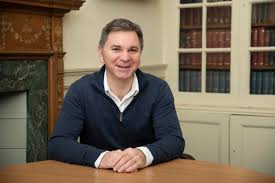 Andrew Lang is Professor of International Law and Global Governance at Edinburgh Law School and acting PI of the Peace and Conflict Resolution Evidence Platform (PeaceRep).
Andrew Lang is Professor of International Law and Global Governance at Edinburgh Law School and acting PI of the Peace and Conflict Resolution Evidence Platform (PeaceRep)..jpeg) Tim Epple is PeaceRep’s Managing Director.
Tim Epple is PeaceRep’s Managing Director.
I met Andrew and Tim at – a café. There is something delightful in sitting around in a European café and talking, for some reason it seems loftier than meetings in American cafés. Not even sure why.
PeaceRep is based in the University of Edinburgh Law School, and was founded by Christine Bell, Professor of Constitutional Law (she is on leave on assignment at the UN). It is made up of 9 partners, university-based and NGO, including such places as programs at the London School of Economics, Queens University Belfast, and St. Andrews, as well as organizations such as the World Peace Foundation and Conciliation Resources.
PeaceRep is first an academic, research organization. They have a database of other 2000 peace agreements from all over the world, as well as deep, contextual case studies,a nd so use both quantitative and qualitative approaches. Funded in part by the UK government – but independent in their choice of cases or areas of the world to explore – their goal is specifically to research and understand the nature of peace agreements.
They are interested in national dialogues as a tool for peacemaking, for example, Yemen had a national dialogue about the future of the country (as did Bahrain). What might that look like (and, BTW, we sure could use one in he US, though I have a suspicion it would not go all that well…)? Can such a dialogue in a country without a constitution lead to a unified constitutional process?
Tim and Andrew elaborated on the lessons they have learned through PeaceRep. Essentially, the main lessons include the importance of the interface between the research they do and he practice they are studying. They look at complex, ongoing applied situations, with some field studies and ongoing thought about what kinds of data are the important ones to collect. This is a methodological problem that is true in every social science study – mine included – but there are special questions tthat need to be asked when looking at peace processes involving multiple actors at different levels of society.
Secondly, what is the proper way to address the asymmetry of the global north dominating both the study and the applied practice of peace processes, and then “offering” its wisdom and expertise to the global south? How to best involve the local residents deeply in understanding and researching their own processes, and not just look on it as a research study of a northern university? Also, the impulse is to offer lots of pro bono services, how do you balance that with existing resources?
And finally, speaking as people who run a project at a university, how do you plan for and assure sustainability (of funding, especially) from the start? Great question, thanks for asking. Been thinking about that constantly since I agreed to try and build this center.
I am so grateful to all the people who have met with me and have been so willing to share their time and expertise. Only a few weeks left before I return home from my first excursion and plan the next phase of the process.
And I’ll leave you with this shot of the sun setting on Edinburgh:


